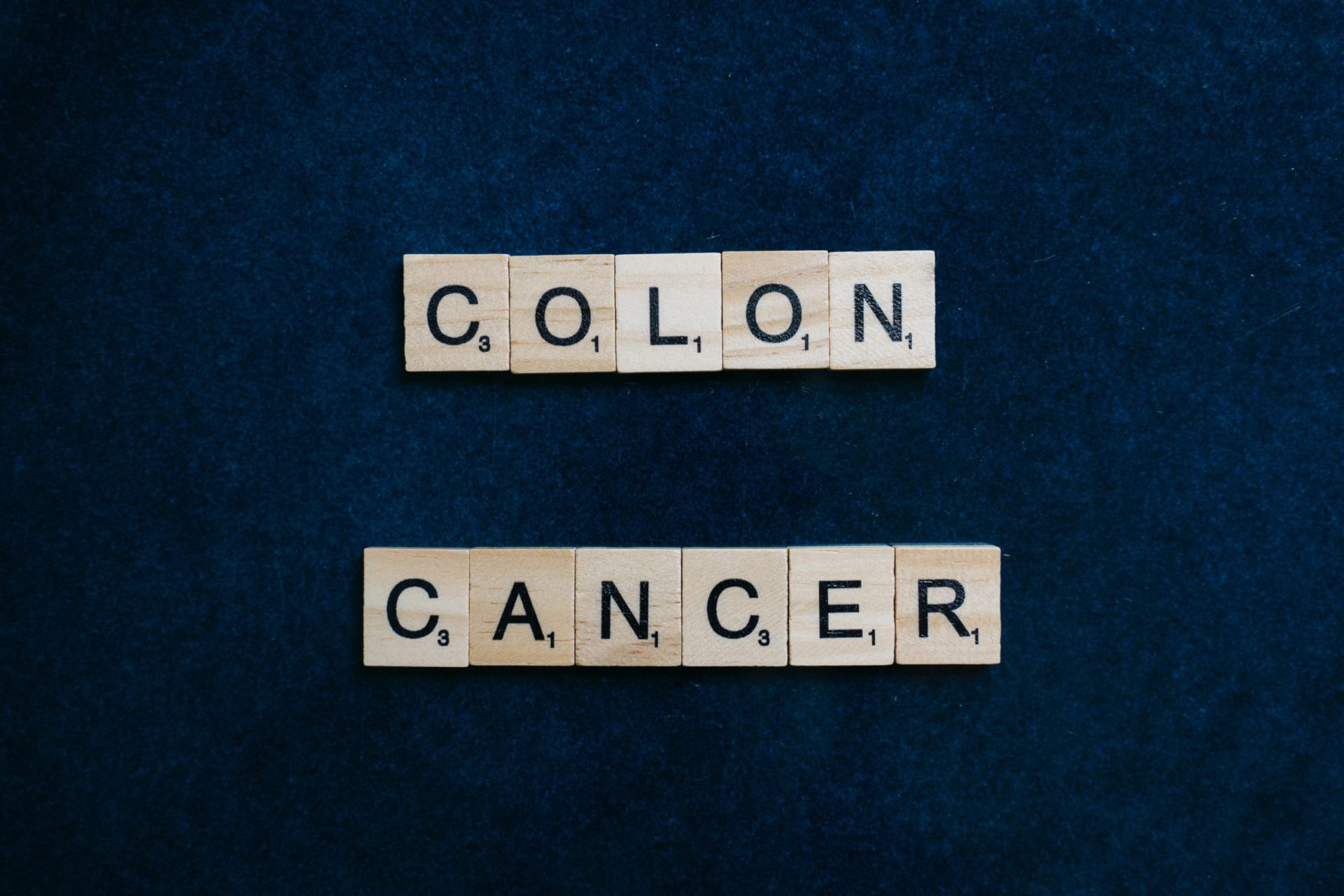
Routine medical check-ups often include blood tests that offer a comprehensive overview of your health. While blood tests are commonly associated with detecting conditions like diabetes and cholesterol levels, recent medical advancements have shown that routine blood tests can also provide valuable insights into the early detection of colon cancer. In this article, we will delve into the significance of routine blood tests in uncovering colon cancer and how this approach is changing the landscape of early cancer diagnosis.
Routine health check-ups are crucial for maintaining a healthy lifestyle and preventing the progression of potentially severe illnesses. Beyond the typical screenings for diabetes, cholesterol, and heart disease, these regular assessments can provide early warnings for unexpected health issues.
The Role of Routine Blood Tests in Healthcare
Blood tests have long been used to evaluate overall health and detect various medical conditions. By analyzing the composition of your blood, healthcare professionals can identify irregularities that might signify underlying health problems.
Colon Cancer: A Silent Threat
Colon cancer, often referred to as colorectal cancer, is a malignant growth that develops in the colon or rectum. It’s notorious for its silent progression, often showing minimal symptoms until it reaches an advanced stage.
Biomarkers: The Clues in Your Blood
Biomarkers are measurable indicators that can signal the presence of a particular disease. In the context of colon cancer, certain biomarkers can be detected through routine blood tests, offering valuable clues for early diagnosis.
Exploring CEA Levels
One such biomarker is Carcinoembryonic Antigen (CEA). Elevated CEA levels in the blood may indicate the presence of colon cancer or other gastrointestinal issues. Regular blood tests can track fluctuations in CEA levels over time, providing insights into potential health concerns.
Blood Test Accuracy and False Positives
While blood tests are instrumental in detecting various conditions, including colon cancer, they can sometimes yield false-positive results. This emphasizes the importance of further diagnostic tests to confirm any potential findings.
From Detection to Early Intervention
Detecting colon cancer in its early stages significantly improves treatment outcomes. Routine blood tests enable medical professionals to catch irregularities before they escalate, allowing for more effective interventions.
Routine Blood Tests vs. Colonoscopy
Colonoscopies have long been the gold standard for detecting colon cancer. However, routine blood tests provide a less invasive and more accessible alternative for initial screening and monitoring.

Convenience and Accessibility
Routine blood tests offer a convenient way for individuals to monitor their health regularly. They can be conducted during routine check-ups and do not require extensive preparation like colonoscopies.
Where To Get Tested?
Say Goodbye To Waiting Rooms And Long Lines. Speedy Sticks offers at-home testing.
The Importance of Regular Check-ups
Regular medical check-ups play a crucial role in preventive healthcare. By incorporating routine blood tests into these check-ups, individuals can take a proactive approach to their well-being.
Empowering Patients Through Knowledge
Education about the importance of routine blood tests in detecting colon cancer empowers patients to advocate for comprehensive health screenings and fosters a better understanding of their own health.
Partnering with Healthcare Providers
Collaboration between patients and healthcare providers is essential. Open communication allows for informed decisions about when to initiate more comprehensive tests or interventions.
Overcoming Challenges and Concerns
Introducing routine blood tests for colon cancer detection comes with challenges, such as false positives and potential patient anxiety. Addressing these concerns through education and support is crucial.
The Future of Early Cancer Detection
As medical technology continues to advance, routine blood tests will likely play an even more significant role in early cancer detection. Research and innovation will further refine these tests’ accuracy and reliability.
Conclusion
Routine blood tests are proving to be a valuable tool in the early detection of colon cancer. By tracking biomarkers and analyzing blood composition, healthcare professionals can identify potential issues and intervene promptly, ultimately saving lives.
Say Goodbye To Waiting Rooms And Long Lines. Speedy Sticks offers at-home testing.








